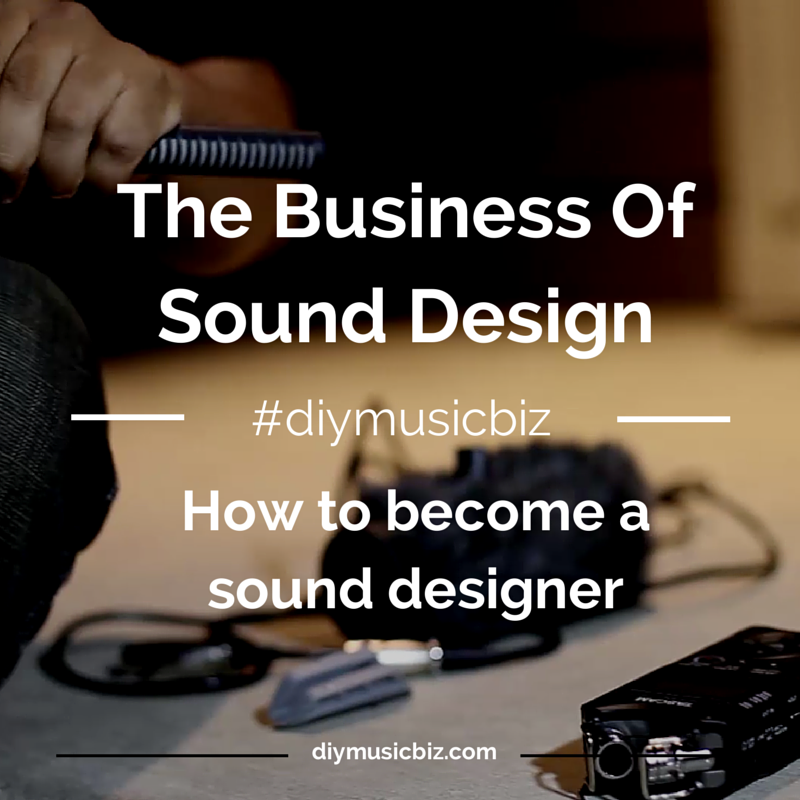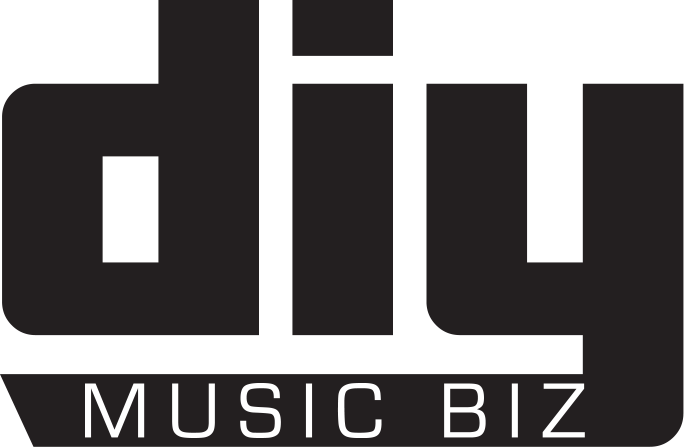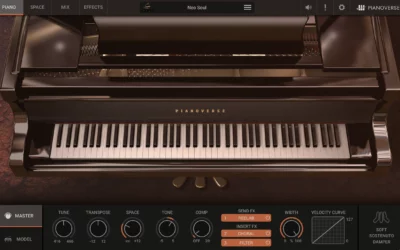Being a Sound Designer is most rewarding because it opens up a lot of opportunities.
Whenever I consult musicians, and mention sound design as an alternative way to make money, I get hit with tons of questions.
- How do you become a sound designer
- How much does that cost
- How do you get into that
My answers are very simple, so simple I think it discourages the people I’m consulting.
There are three ways to become a sound designer.
- Go to school
- Find a mentor
- Teach yourself
All three methods work, it’s your job to figure out which works best for you.
Should I Go To School For Sound Design?
Going to school can be expensive, but I feel that schooling gives you the tools you need to become a great sound designer. One thing I want to point out is schools don’t typically offer this course unless they specialize in it.
For example: Berklee, FullSail or Point Blank, etc.
Most of the time Sound design is merged with recording arts, film, or multimedia degree (BA). Rarely do they offer sound design alone.
As an alternative, you can find some tech schools or companies that specialize in this skill set.
Finding A Local Mentor
This is a great way to learn. If you look around in your own city you’ll find people who do this line of work for a living (like me). I’ve found that most are more than willing to share what they know.
Good places to look are recording studios and your local news station. The guys holding the microphones over the reporters are called sound mixers and or boom operators, and chances are, they record more than dialogue.
They’re working in film, they’re doing whatever they can to make money in their field, they know what they’re doing.
Teach Yourself: Diy Recording & Sound Design
This is primarily how I learned. I had the tools, I had books, there was no YouTube. I sat there, and I experimented. I learned my gear, I learned what it did, and I put it to use.
If you have a recording set up … experiment! You can use your microphone to record sounds around you, bring them into your DAW, and tweak them. Make them sound the way you want them the sound.
If you have synthesizers, learn how to use them. They come with manuals. Too lazy to read? Go on YouTube. Learn about gain staging, the recording chain, etc.
These are the core elements you need, the rest is how you use your knowledge and your imagination.
Not to mention, if you’ve been creating music for a while chances are you’ll be okay as it’s the same stuff just for a different “type” of client.





